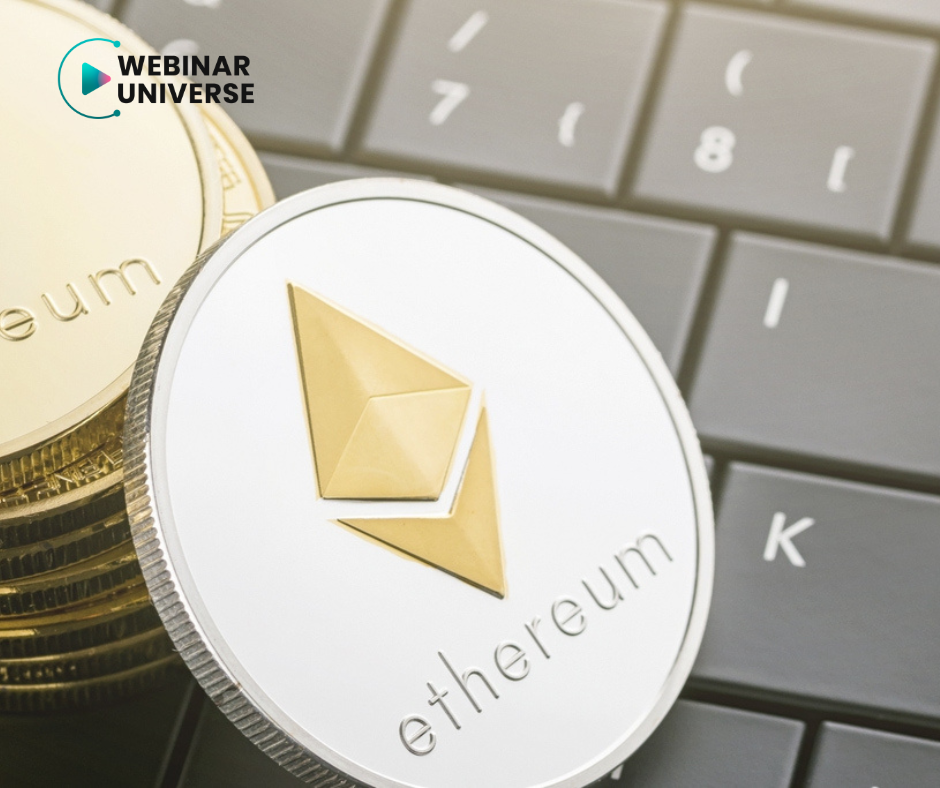Digital art: what is an NFT?
An NFT is a type of digital token on the blockchain that represents a unique object or asset. Unlike cryptocurrencies such as Bitcoin or Ethereum, which are interchangeable and identical (so-called fungible), NFTs are non-fungible, meaning that each NFT has a unique value and cannot be exchanged for another NFT on a one-to-one basis.
NFTs vs digital art
NFTs have found wide application in the world of digital art. With NFT technology, digital artists can create unique artworks as NFs that can be bought, sold and collected on the blockchain. Each NFT artwork is unique and has information about its origin and owner, ensuring authenticity and ownership. NFTs have opened up new opportunities for digital artists, enabling them to monetise their art in ways that were not previously possible.
NFT is a revolutionary technology that is transforming the world of digital art. With NFT, digital artists can create and sell unique artworks on the blockchain, opening up new possibilities and creating new forms of value in the digital world. For a closer and more in-depth understanding of blockchain, sign up for the Webinar Universe training platform.

A misunderstood investment? Why are people investing in this technology?
NFTs, despite being a relatively new phenomenon, have quickly gained popularity as a form of investment. There are several reasons why people choose to invest in NFTs. Firstly, NFTs are unique and unrepeatable, which means they can be of great value to collectors. Like works of art, rare collectibles or real estate, NFTs can increase in value over time.
Secondly, NFTs can generate income for their owners. For example, some NFTs give the right to share in the profits of a work of art or a video game. Other NFTs may give the right to use a particular digital asset, such as a virtual property in a video game.
- How do people invest in NFTs?
Investing in NFTs is similar to investing in other digital assets, such as cryptocurrencies. First, you need to set up a digital wallet that supports NFTs, and then you can buy NFTs on various NFT markets such as OpenSea, Rarible or NBA Top Shot.
Investing in NFTs is an exciting new trend that is attracting both investors and collectors. Although NFTs are a relatively new phenomenon, they have the potential to transform many different sectors, from art and video games to music and real estate.
Online learning opens up a range of new opportunities, including when it comes to cryptocurrency courses. Courses on blockchain can be found on the Webinar Universe training platform.
New-old technology? How is blockchain being used in NFT?
Blockchain, the technology behind cryptocurrencies such as Bitcoin and Ethereum, is also a key element of NFT technology. But how exactly is blockchain used in NFT?
- Blockchain versus NFT
NFTs, or Non-Fungible Tokens, are unique digital tokens that are stored on blockchain. Each NFT is unique and non-exchangeable, meaning that it has a unique value and cannot be exchanged for another NFT on a one-to-one basis. The blockchain is used to store and verify NFTs. When an NFT is created, it is stored on the blockchain along with unique metadata that describes the NFT. This metadata may include information such as the name, description, image and other attributes of the NFT.
- Security and transparency through blockchain
One of the key aspects of using blockchain technology in the world of NFTs (non-fungible tokens) is to ensure security and transparency. This revolutionary technology enables information to be permanently and immutably stored on the network, which is crucial to the authenticity and uniqueness of NFTs.
With blockchain, each NFT is permanently recorded and its history, from its creation to all future transactions, is available for verification by anyone who knows its unique identifier. In practice, it cannot be changed or deleted. This approach eliminates the possibility of forgery and ensures full transparency of the process for both buyers and sellers.
The owner of an NFT can therefore be confident that his or her token is authentic and has ownership of it. This also significantly simplifies the process of confirming the authenticity of a work, which is particularly important in the context of the art market, where NFTs have found one of their most important applications.
Another advantage of blockchain technology is the decentralised nature of the network, which eliminates the need for intermediaries. Transactions are direct, which translates into lower costs and greater efficiency. As a result, blockchain technology significantly increases security and transparency in the NFT world, contributing to greater trust and the growing popularity of this market. NFTs, despite being a relatively new phenomenon, are already having a major impact on the development of blockchain technology. But how exactly can NFTs influence the future of blockchain?

NFTs as a catalyst for innovation
NFTs, or Non-fungible Tokens, are seen as one of the key tools to accelerate innovation in the world of blockchain technology. The introduction of NFTs into the blockchain ecosystem has enabled the creative reinterpretation and application of the technology, opening the door to a range of new services and applications.
An example of this is the revolution that NFTs have caused in the area of digital art. The traditional art market, which had remained almost unchanged for many years, found its new digital face thanks to the use of NFTs. These unique tokens have made it possible to digitise artworks and have created an entirely new market where digital works can be sold, bought and collected in a secure and transparent way.
Another example is blockchain-based video games. NFTs have enabled the creative minds in the video game industry to create games where objects and characters can not only be bought and sold, but also have unequivocal ownership and authenticity. This has opened up a new era in video games where players can own and manage their digital assets in a way that was not previously possible.
Similar applications of NFTs can be found in other sectors and industries looking to take advantage of the unprecedented opportunities offered by blockchain technology. Thus, NFTs act as a catalyst, accelerating the innovation and development of blockchain technology, opening up new horizons for creativity and innovation at various levels of society.
NFTs have great potential to influence the development of blockchain technology. With NFTs, blockchain is used in new and creative ways, leading to the development of new applications and services. In addition, NFTs have the potential to drive wider adoption of blockchain technology, which in turn can contribute to its further development. It is now easy to expand one's knowledge by learning online through a training platform. Online learning has never been easier. Take a look at the Webinar Universe training platform today, where training courses in technology fields are available.
